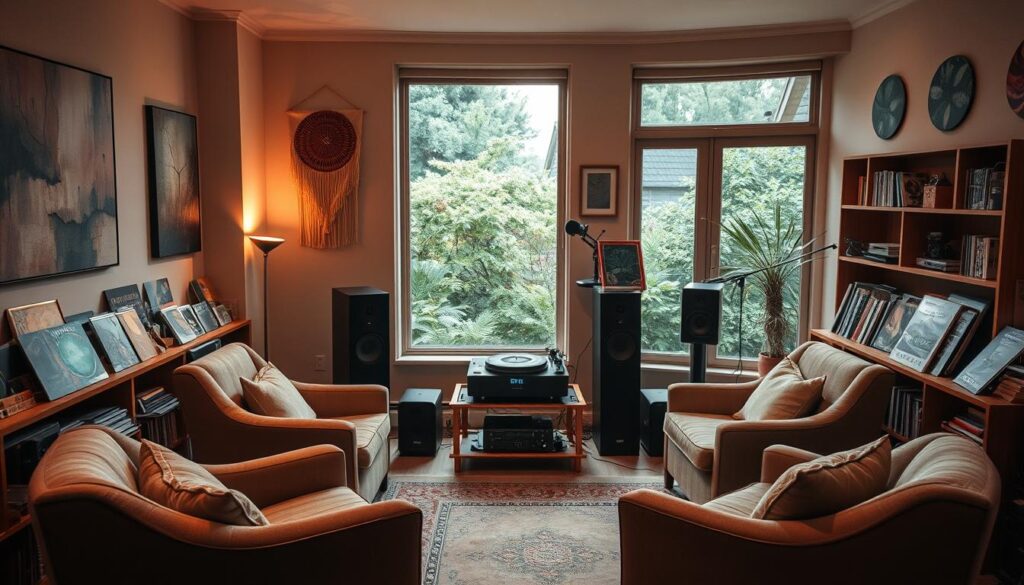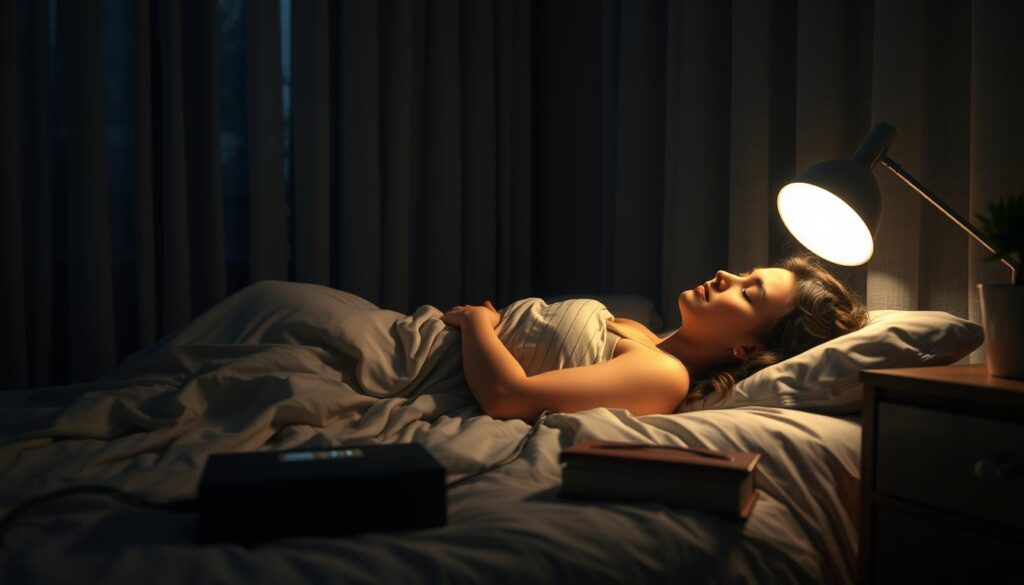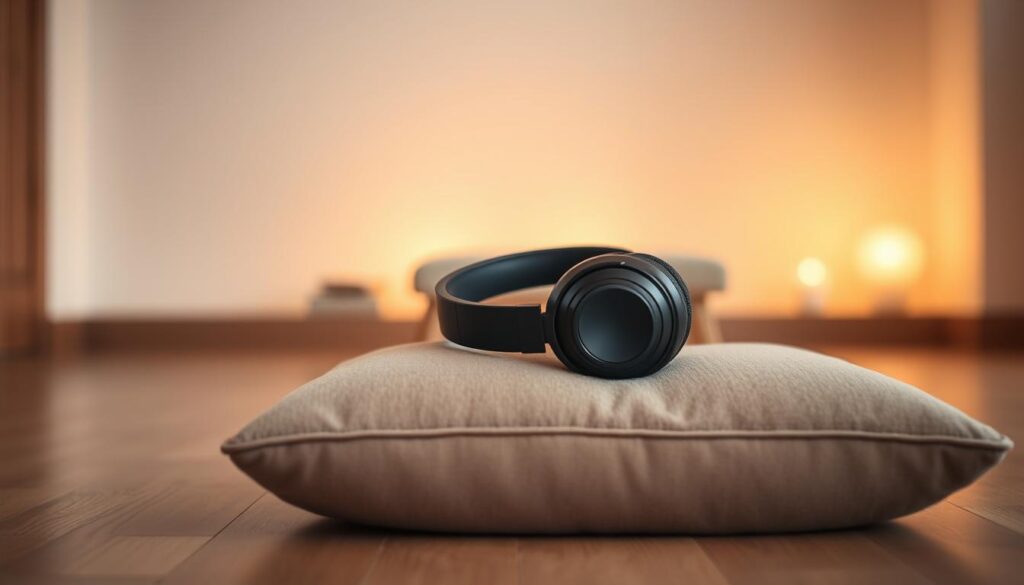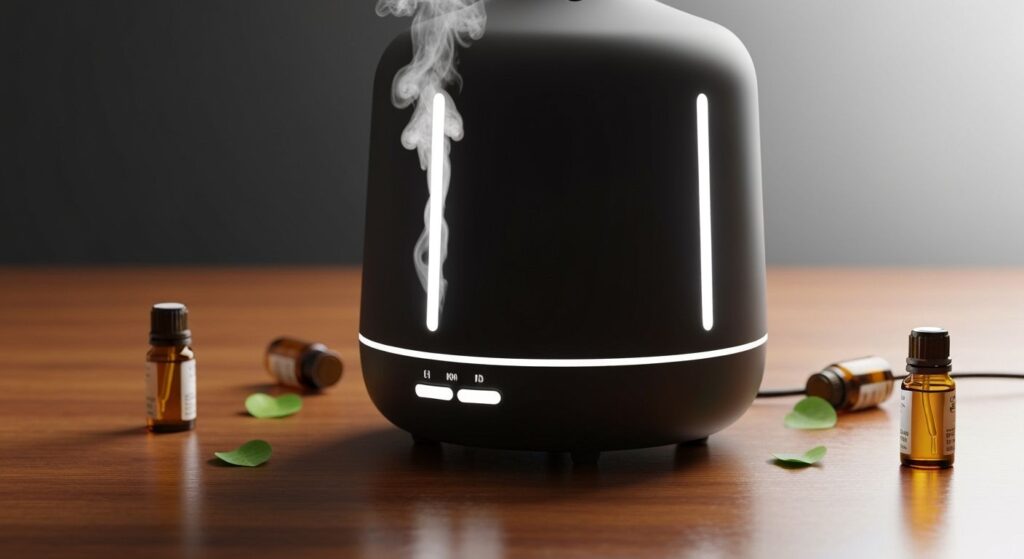Effective Stress Relief Music Techniques to Reduce Anxiety
Modern life presents many challenges that can impact a person’s well-being. Feelings of worry and tension are increasingly common in today’s fast-paced world. Many individuals seek accessible methods to manage these emotions and improve their daily experience. Sound and rhythm offer a powerful, evidence-based approach to calming the mind. This form of intervention can quickly […]










